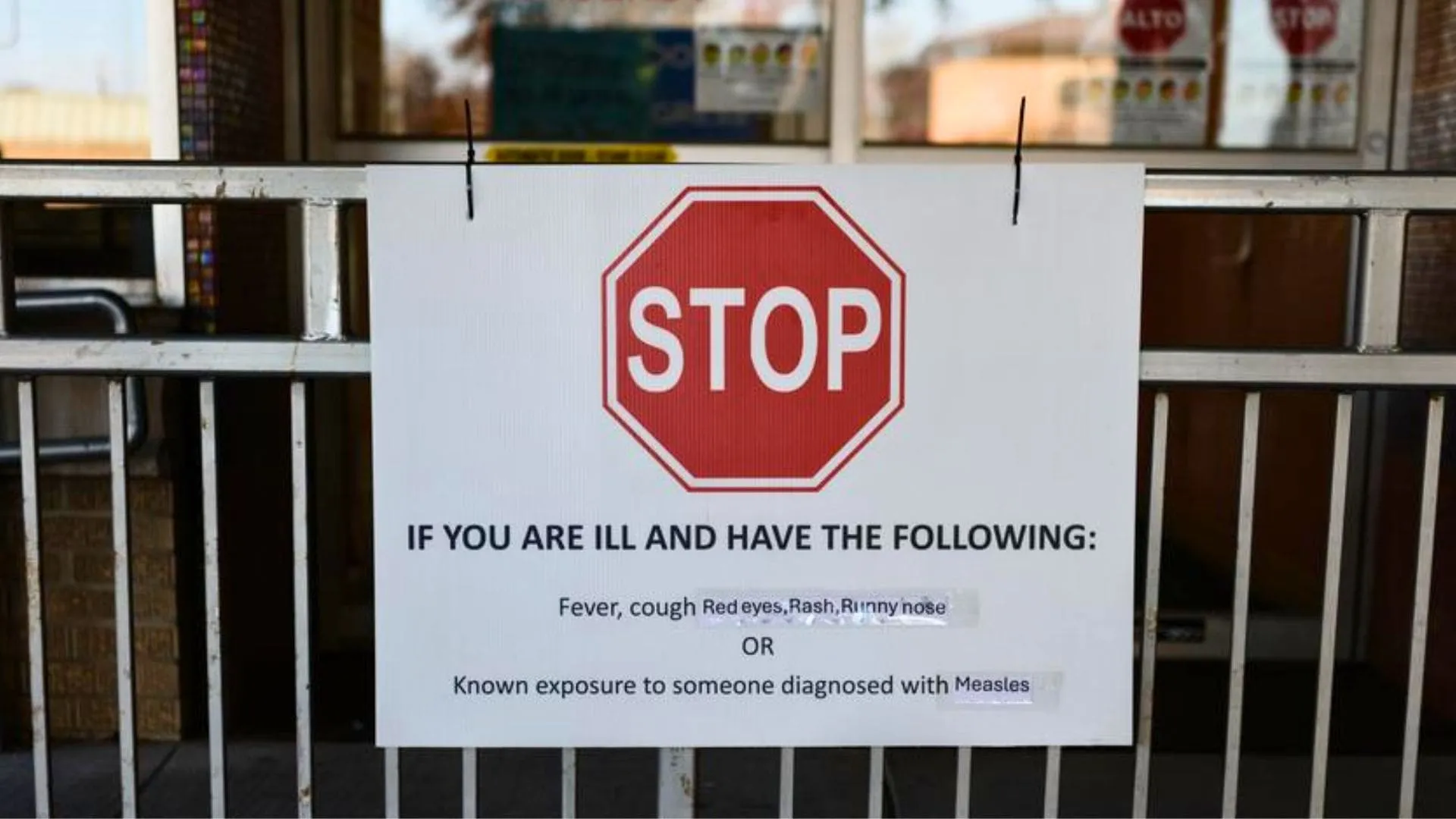Is Alcohol Making Alzheimer’s Worse? New Research Says Yes!
Alzheimer’s disease is one of the most challenging neurodegenerative conditions affecting millions worldwide. It is characterized by memory loss, cognitive decline, and behavioral changes that worsen over time. While researchers have been studying the causes and risk factors of Alzheimer’s for decades, new research has uncovered a concerning link: alcohol consumption may exacerbate the progression of Alzheimer’s. This revelation has significant implications for both public health and the understanding of how lifestyle choices influence the brain.
Let’s delve into the relationship between alcohol and Alzheimer’s, explore the latest research findings, and understand why alcohol consumption might worsen this debilitating condition.
Understanding Alzheimer’s Disease
Alzheimer’s disease is a progressive disorder caused by the accumulation of two proteins in the brain: beta-amyloid plaques and tau tangles. These proteins disrupt communication between brain cells and eventually lead to cell death. The primary risk factors for Alzheimer’s include:
- Age: Risk increases significantly after age 65.
- Genetics: The presence of certain genes, such as APOE-e4, raises the risk.
- Lifestyle: Factors like diet, exercise, and alcohol consumption also play a role.
Alzheimer’s impacts memory, thinking, and behavior, and while there is no cure, early intervention and lifestyle changes can help manage symptoms and slow progression.
Alcohol and Brain Health: A Complicated Relationship
Alcohol has long been associated with various health issues, including liver damage, heart disease, and cancer. Its impact on brain health is particularly complex. Low to moderate alcohol consumption has been linked to potential cognitive benefits, such as improved blood flow to the brain. However, heavy and chronic alcohol use is known to cause brain shrinkage, cognitive decline, and memory problems.
Key points about alcohol and the brain:
- Neurotoxicity: Alcohol is toxic to neurons, causing damage to brain cells and impairing their function.
- Inflammation: Alcohol consumption promotes inflammation, which is a major contributor to neurodegenerative diseases like Alzheimer’s.
- Nutritional Deficiency: Chronic alcohol use can lead to deficiencies in vitamins like thiamine (B1), which are essential for brain health.
New Research Highlights the Link Between Alcohol and Alzheimer’s
Recent studies have revealed that alcohol consumption may worsen Alzheimer’s symptoms and speed up disease progression. Here are some key findings:
1. Increased Beta-Amyloid and Tau Buildup
Research has shown that alcohol consumption can increase the production of beta-amyloid and tau proteins in the brain. These proteins are hallmarks of Alzheimer’s and contribute to cognitive decline. Alcohol disrupts the brain’s ability to clear these toxic proteins, leading to their accumulation.
2. Exacerbation of Brain Inflammation
Chronic alcohol use triggers inflammation in the brain, activating immune cells called microglia. While these cells help protect the brain, excessive activation can lead to damage, further accelerating Alzheimer’s progression.
3. Accelerated Brain Shrinkage
Studies using brain imaging have revealed that individuals who consume alcohol regularly experience more significant brain shrinkage, particularly in areas like the hippocampus, which is critical for memory and learning.
4. Worsening Cognitive Impairment
A study published in the journal Neurology found that even moderate alcohol consumption can impair cognitive function in individuals already at risk for Alzheimer’s. Participants who drank alcohol showed faster cognitive decline compared to non-drinkers.
How Alcohol Impacts Alzheimer’s Patients
For individuals already diagnosed with Alzheimer’s, alcohol consumption can worsen their condition in several ways:
1. Memory Loss
Alcohol impairs the hippocampus, the part of the brain responsible for forming new memories. This effect is especially damaging for Alzheimer’s patients, who already struggle with memory retention.
2. Behavioral Changes
Alcohol can exacerbate symptoms like agitation, mood swings, and confusion, which are common in Alzheimer’s patients. This can make caregiving more challenging.
3. Increased Risk of Falls and Injuries
Alzheimer’s patients are already at a higher risk of falls due to impaired balance and coordination. Alcohol consumption further increases this risk, potentially leading to serious injuries.
4. Interference with Medications
Many Alzheimer’s patients take medications to manage symptoms. Alcohol can interact with these drugs, reducing their effectiveness or causing harmful side effects.
The Role of Moderate Alcohol Consumption
There is ongoing debate about whether moderate alcohol consumption is safe or beneficial for brain health. While some studies suggest that moderate drinking, particularly of red wine, may have protective effects due to compounds like resveratrol, the new research suggests caution.
Key Takeaways:
- Low Risk for Healthy Individuals: For those without Alzheimer’s or a genetic predisposition, moderate drinking may not pose significant harm.
- Risks for At-Risk Individuals: People with a family history of Alzheimer’s or mild cognitive impairment should consider reducing or avoiding alcohol.
- Individual Variability: The effects of alcohol vary depending on genetics, age, and overall health.
Recommendations from Experts
Given the evidence linking alcohol to Alzheimer’s progression, experts recommend the following steps to minimize risk:
1. Limit or Avoid Alcohol
Reducing alcohol consumption is one of the simplest ways to protect brain health. For individuals with Alzheimer’s or a family history of the disease, abstinence is advisable.
2. Focus on Brain-Healthy Diets
Adopt a diet rich in brain-friendly nutrients, such as the Mediterranean or MIND diet. These diets emphasize fruits, vegetables, whole grains, and healthy fats.
3. Stay Physically Active
Regular exercise improves blood flow to the brain and reduces inflammation, helping to mitigate the effects of alcohol.
4. Monitor Cognitive Health
If you or a loved one consumes alcohol regularly, keep an eye out for signs of cognitive decline. Early intervention can make a significant difference.
Hope for the Future
The link between alcohol and Alzheimer’s highlights the importance of lifestyle choices in managing and preventing the disease. While Alzheimer’s remains incurable, advancements in research offer hope. Scientists are exploring therapies to target beta-amyloid and tau proteins, as well as treatments to reduce inflammation in the brain.
Public health initiatives aimed at raising awareness about the risks of alcohol use could also play a crucial role in reducing the burden of Alzheimer’s disease.
The evidence is clear: alcohol consumption, particularly in excess, can worsen Alzheimer’s and accelerate cognitive decline. For individuals with Alzheimer’s or those at risk, limiting or avoiding alcohol is a crucial step toward better brain health.
As researchers continue to uncover the mechanisms behind Alzheimer’s and its triggers, one thing is certain—lifestyle choices, including alcohol consumption, play a significant role in brain health. By making informed decisions and adopting healthy habits, we can reduce the impact of this devastating disease on individuals, families, and communities.























